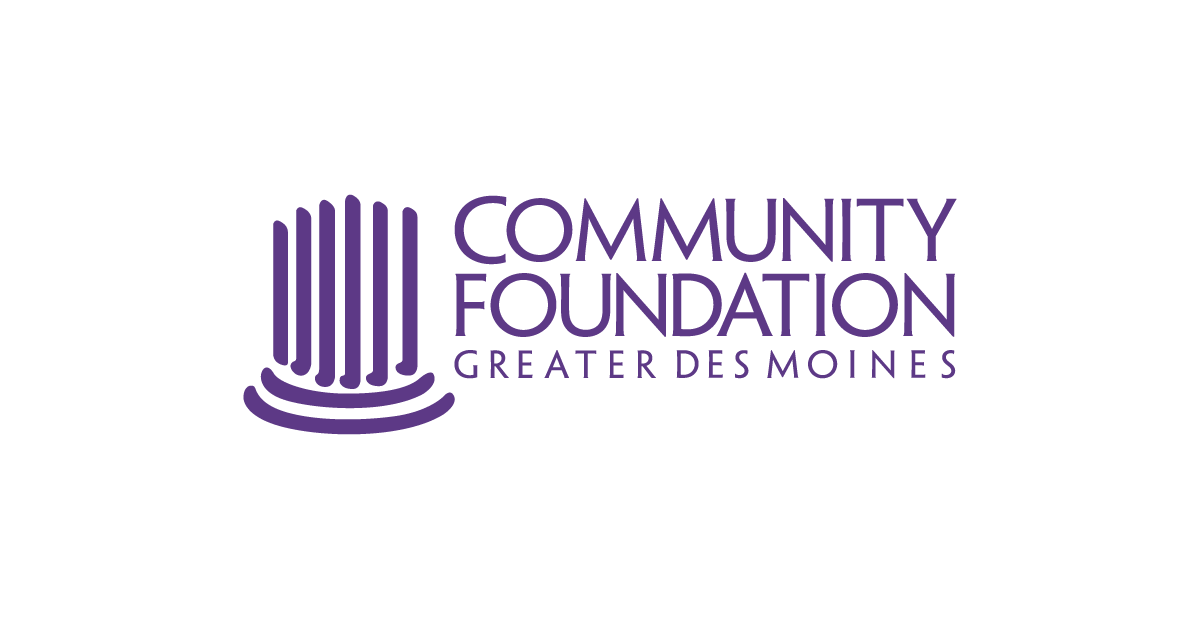Not Exactly Giving Away the Farm
Mar 9, 2020

One of the most significant assets on the balance sheets of Iowans is real estate. Commercial, agricultural, residential or vacation home property is purchased and sold to meet a variety of financial goals. Real estate is also an often-overlooked resource to give back to causes we care about. We sometimes assume when we give real estate to charity, we have to give away the farm. While outright gifts of real estate may be the right giving strategy in some cases, there may be times that sale proceeds need to benefit both the charity and donor.
There are several charitable giving tools that can work in these situations; including fractional-interest gifts and charitable bargain sales. Here are two examples based on real Iowans who worked with their local community foundation to gift property that would benefit causes they care about, while providing a lump sum of cash from the sale proceeds of the property for the donor.
Charitable Bargain Sale
Bill was a long-time owner of a retail business on Main Street, and purchased the vacant property adjacent to his business many years ago. His intentions were to someday expand his current building’s footprint on the vacant land. Plans changed and he no longer had a need for the adjacent property, although it had greatly appreciated in value. Bill had been looking for ways to sell the property in his fast-growing community so it could be developed, but wanted to limit his exposure to capital gains tax.
He knew his local community foundation had received other gifts of real estate and decided to speak with them. While Bill was interested in gifting the property, he could not afford to walk away from the property without some cash. The Community Foundation suggested Bill consider a charitable bargain sale.
How Does it Work?
· The donor has a qualified appraisal completed on the property to establish the fair market value.
· The Community Foundation purchases the property from the donor for a negotiated price below the fair market value.
· The donor receives a charitable deduction and avoids capital gains tax on the charitable portion of the transaction. This equals the difference between then fair market value and the price at which the donor sold the property to the Community Foundation.
· The Community Foundation markets and sells the property. Sale proceeds above the Community Foundation’s initial investment in the property are made available for charitable causes.
Bill decided to create a charitable giving fund from the sale proceeds to be used to support Main Street beautification in his community. He was thrilled his gift of property could be used to maintain a vibrant Main Street that has meant so much to him and his business.
Fractional Interest Gift
Jill and Joe Smith run several successful businesses, including managing a portfolio of rental properties. Last year, they began to consider selling one of those properties as it was far removed from others in their portfolio. It made sense to sell the property and reinvest some of the sale proceeds into other properties in their portfolio. Their family had also been discussing how they may support local nonprofits who were about to embark on large fundraising initiatives in the few years. They went to see their financial advisor for some ideas on how they could address several of their business and charitable goals.
Their financial advisor talked about gifting the property to charity. While that was intriguing, they needed a certain level of cash from the sale to reinvest in other properties. That is when their advisor suggested opening a donor advised fund at their local community foundation and gifting a partial interest of the property to the community foundation prior to selling it. By gifting a fractional interest, the Smith’s would be able to offset any tax consequences from the sale of the property, and pre-fund charitable gifts they plan to make in the future.
How it worked
· The Smiths decided to deed a 30% interest of the property to the Community Foundation, and maintain 70% of ownership for themselves.
· They had a qualified appraisal done on the property, establishing a fair market value for the 30% interest given to the Community Foundation. This was used when they took a charitable deduction for gifting the fractional interest.
· The Smiths and community foundation work together to market and sell the property.
· 30% of the sale proceeds came to the Community Foundation for the benefit of their donor advised fund, and the remaining proceeds went to the Smiths.
Jill and Joe are excited to use their family’s donor advised fund to give to causes they care about and reinvest into their rental properties.
A few thoughts on the difference between these two giving strategies. Fractional-interest gifts may be preferred by charity. Unlike a charitable bargain sale, they will not need to outlay cash to acquire the property. This strategy also allows the charity and donor to partner in the marketing of the property. Charitable bargain sales are best suited for donors who have a specific amount of cash they would like to receive from the transaction. The charity would also want to have a high level of confidence the property will sell in a timely manner and for more than they have invested.
In both these examples, Iowans were able to work creatively with their local community foundation to give back to causes they care about with appreciated real estate, while not giving away the farm. Community foundations across our state are committed to providing personalized approaches to giving, just like those highlighted in these examples. To learn more about how you can meet your tax and giving goals, contact our team.